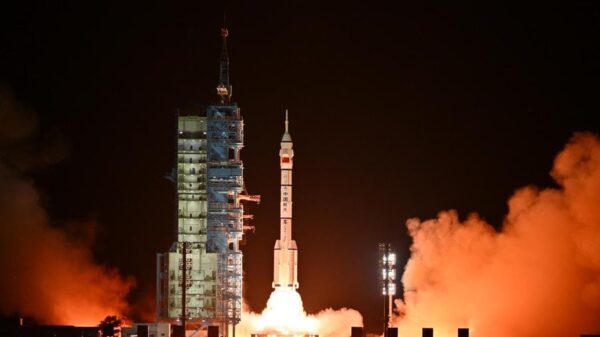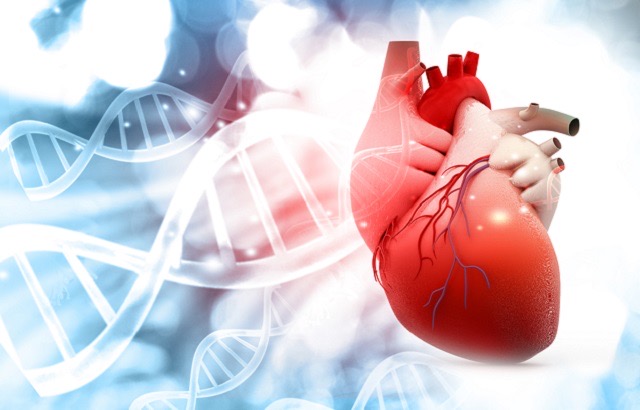Chinese scientists on Wednesday said they have identified a longevity gene that may potentially enhance human resistance to aging and become a new target for managing pests .
Mitochondria, as the powerhouses of the cell, played a pivotal role in cellular energy production and are closely linked to the aging process.
The research on extending lifespan through optimizing mitochondrial function has garnered considerable interest across the scientific community.
Previous research has predominantly concentrated on the mitochondria, while comparatively less emphasis has been placed on the influence of cell nuclei, which have undergone a long-term co-evolutionary process alongside the mitochondria.
The researchers are from Zhejiang University and the Centre for Excellence in Molecular Plant Sciences under the Chinese Academy of Sciences.
They analysed evolutionary changes of mitochondrial and nuclear genomes from 472 insects, and identified 75 nuclear genes that co-evolve with mitochondrial genes.
They pinpointed four, including one called CG11837, and undertook experiments to diminish their activities in fruit flies.
The findings have revealed that, in contrast to the control group, the diminished activity of these specific genes resulted in conspicuous alterations to the mitochondrial structure.
This is according to the study published this week in the journal Nature Aging.
Furthermore, the team discovered a significant positive correlation between the activity of CG11837 and the lifespan of the organism.
They knocked down the gene across a spectrum of six distinct species, including brown plant hoppers, fruit flies and mosquitoes.
The gene suppression led to a pronounced shortening of their lifespans, with the diminution spanning from 25 to 59 per cent.
In contrast, the over expression of the gene is shown to extend median life spans in fruit flies, according to the study.
Also, in vitro studies using human cells it has shown that the activation of the CG11837 gene boosts their capacity to combat aging, achieving a 30 per cent enhancement.
The CG11837 activation may emerge as a novel strategy for extending human lifespan, and in the agricultural sector.
According to the researchers, this gene knockdown could potentially serve as a new way for pest control.
























